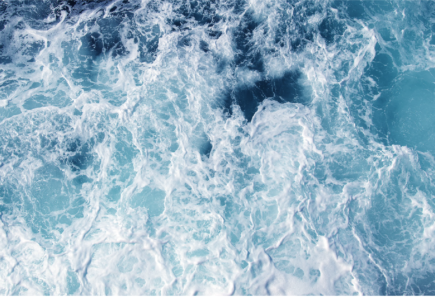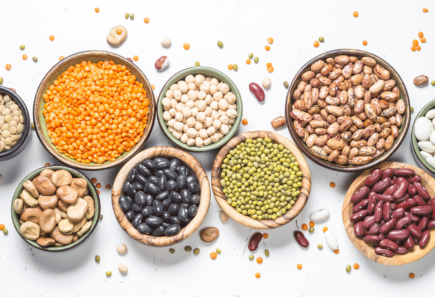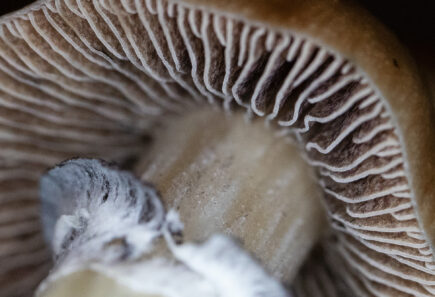Novel methods for long-chain omega-3 fatty acid production
As the alternative seafood industry scales up, a low-cost and abundant source of long-chain omega-3 polyunsaturated fatty acids will become necessary. Several means of producing these compounds have been investigated and commercialized, but additional innovation is needed to build a robust and scalable supply chain. Methods that would benefit from additional research include precision fermentation and cell-free systems.







